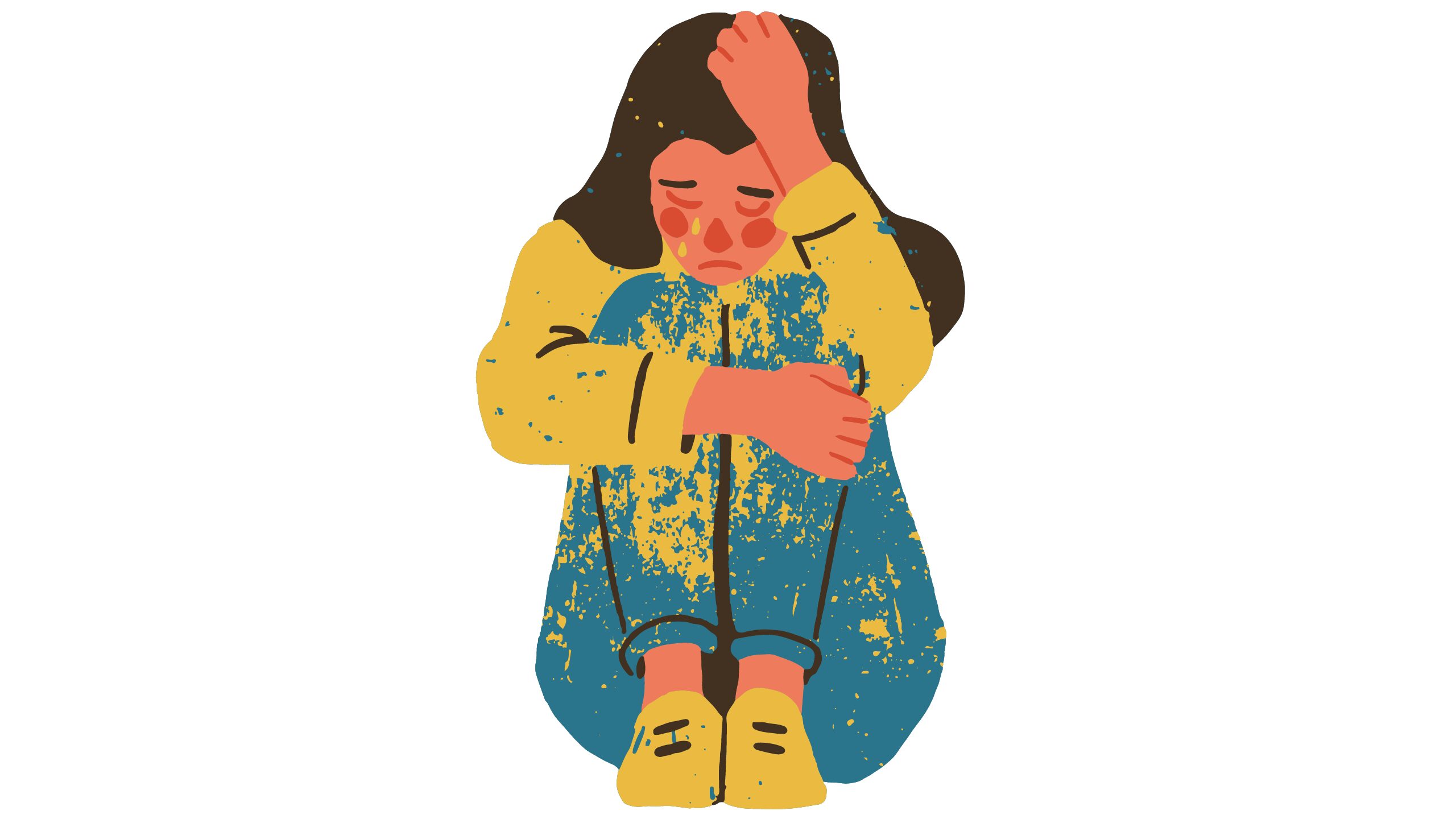The Therapeutic Power of Cozy Games: Why Games Like Stardew Valley Might Be the Self-Care Tool You Need
Here’s a question that no one really likes to be asked. When was the last time you truly relaxed? Not the “brain-rotting” scrolling-through-your-phone kind of relaxation, but the genuine, restorative kind that leaves you feeling recharged rather than drained? If you’re struggling to remember, please know, you’re not alone. In our increasingly stressful world, where burnout is becoming more prevalent, finding effective ways to decompress …




